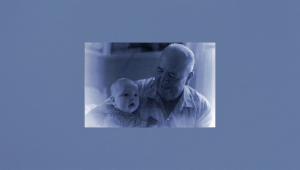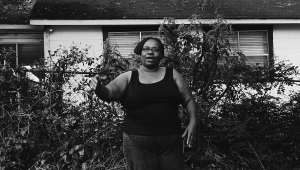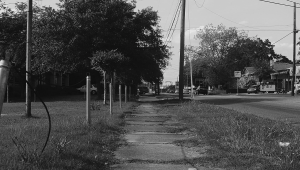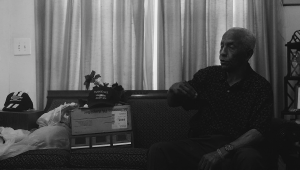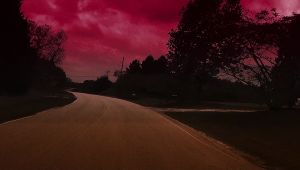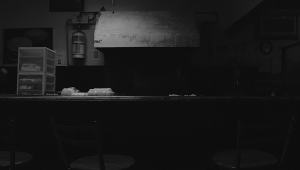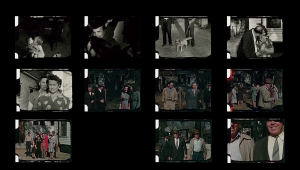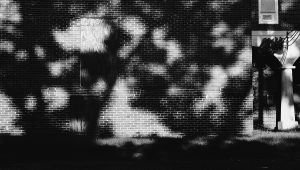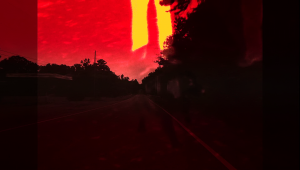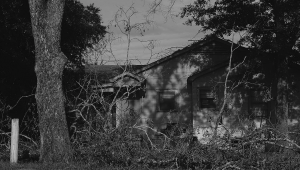Travis Wilkerson with his great-grandfather
I gather that Travis Wilkerson’s amazing personal essay film about the murder of a black man by his great-grandfather in Dothan, Alabama in 1946 will be at New York’s Film Forum through March 13. I’m grateful to A.O. Scott for his enthusiastic review, which, by alerting me to this film’s existence, made me forgive Scott for what appeared to be his blindness to the subtler forms of racism and class bias practiced by Woody Allen in the reviewer’s latest “troubled” Times ruminations about that profoundly overrated figure. Even if I’m not the only one who views Manhattan as a hipper version of Trump’s “Make America great [i.e., white] again” — it was the late Allan Sekula who first pointed out to me how the absence of people of color on the streets of New York was part of what made it all seem so dreamy and romantic — the habit of avoiding racism when it appears in your own backyard is hardly unique to Scott. It’s even part of what makes New Yorkers and Alabamans seem similar to me, after living for many years in both places. (I grew up in Florence, to the northwest of Dothan — the other side of the state, and closer to the part of Tennessee where Wild River was filmed and is set.)
the site of the murder:
In any case, it was thanks to Scott’s review that I asked Travis if I could see his film, and now that I have, I honestly can’t think of any other feature that captures my home state more accurately — and more beautifully, for that matter. (In terms of accuracy, the only other contender may be The Phenix City Story, filmed about a hundred miles north of Dothan.) In fact, the extraordinary beauty of Wilkerson’s photography is the most significant thing that Scott’s review neglects, and I’m not thinking of beauty as some aesthetic “extra” but as a central part of the film’s anger and fury and eloquence and passionate attentiveness. Entanglement is what this film and this state are all about — call it kudzu made flesh — and as many of the images reproduced here make clear, especially those just below, this is the condition of the American tragedy, the ties that bind and suffocate us. You can find it equally in the twisted, curving paragraphs of Faulkner and in the swelter of the surrounding vegetation. [3/1/12018]

